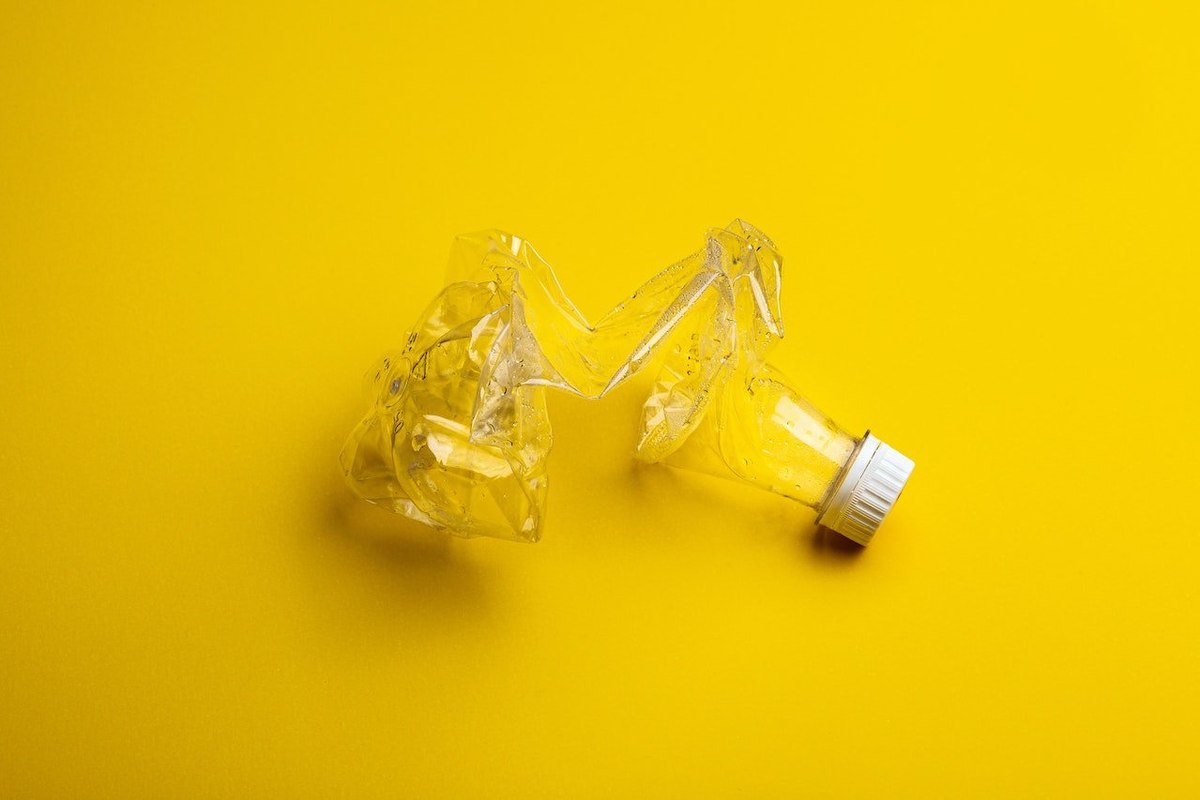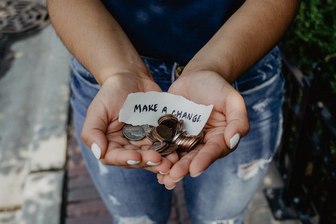New YouGov survey explored Australians' attitudes to a variety of environmentally friendly behaviours, that we first questioned them about in 2019.
A comparison between the results from 2019 and 2023 reveals intriguing changes. Across the 12 actions that we listed to reduce impact on the environment, in only one of them do we see any increase in behaviour – carry or use bamboo/ reusable cutlery (from 15% in 2019 to 19% in 2023). In another area- buying clothes that are second-hand/ made from recycled materials- there hasn’t been much change between the two periods (25% to 24%).
Across the other ten, Australians are now LESS likely to behave in ways which are less harmful to the environment.
Recycling (at home or when out and about) remains the most popular option for reducing your carbon footprint but the proportion of consumers practising this has fallen – from 70% to 63% - over the past four years.
The largest decline however has happened around using canvas/ reusable bags when shopping. Although it removes a popular green action, the proportion of people practising this now has reduced from 66% to 55% during this period. Similarly, the practice of reusing cups/ bottles had reduced from 47% to 37%.
But significant drops in environmentally friendly behaviour were found elsewhere too. Fewer Australians now buy or use products that are harmful to the environment (36% vs 28%), buy local food (38% vs 31%), have stopped or reduced the use of plastic straws (47% vs 41%) or buy fewer products that can’t be recycled (31% vs 26%).
It is interesting to note that one in ten Australians (9%) claim they don't take part in any activities to reduce their impact on the environment, an increase from 3% who said this in 2019.
We also delved into where consumers felt the job of reducing single-use plastic use should lie. The results revealed a shift in opinion between 2019 and 2023, with an overall reduction in the expectation that various entities like governments or companies should take responsibility.
In 2019, three in five consumers (62%) saw themselves, the individual consumers, as bearing part of the responsibility. This figure fell to just under half (47%) in 2023.
Today, a majority of Australians think that companies that produce as well as sell single-use plastic items should take the responsibility of reducing the country’s use of single-use plastic items (53% each). However, the number of people saying this has fallen since 2019.
Similarly, the responsibility attributed to retailers fell from 63% to 47%. Expectation of governmental responsibility also declined, moving from 61% to 52%. Environmental agencies, too, saw a reduction in consumers’ expectation of obligation (falling from 37% to 34%), as did media outlets (from 31% to 26%).
On the other hand, expectation for social media to contribute to reduction efforts hasn’t seen much change (from 26% in 2019 to 25% in 2023).
Methodology
YouGov Surveys: Serviced provide quick survey results from nationally representative or targeted audiences in multiple markets. This study was conducted online in September 2019 and July 2023, with a nationally representative sample of 1,057 adults 2019 and 1,088 in 2023 in Australia (aged 18+ years), using a questionnaire designed by YouGov. Data figures have been weighted by age, gender, education level, region, and social grade and to be representative of all adults in Australia (18 years or older) and reflect the latest population estimates. Learn more about YouGov Surveys: Serviced.







